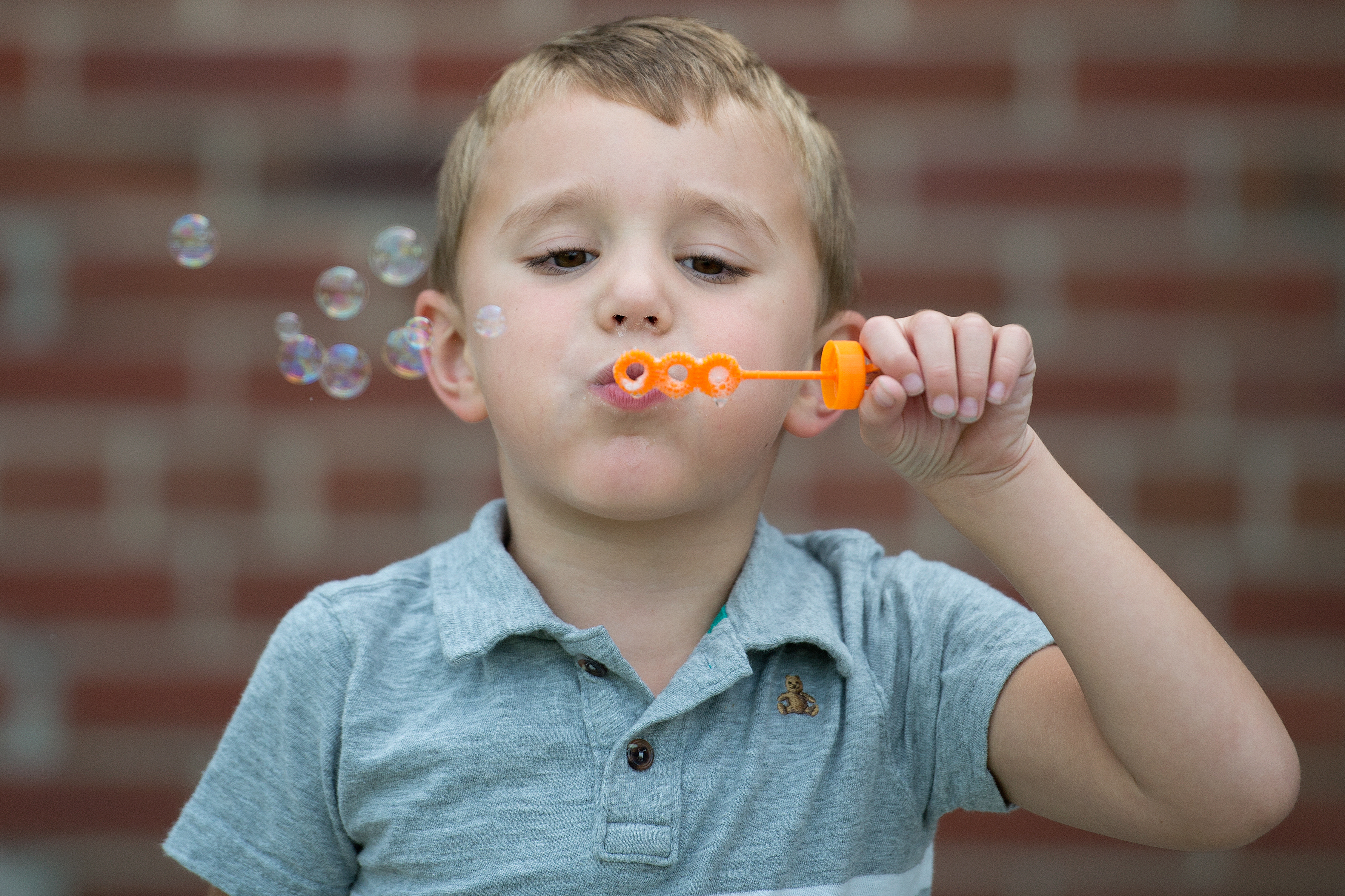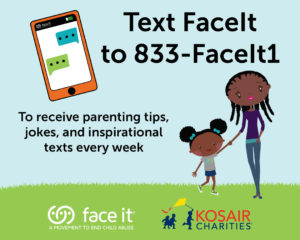
30 Aug Lessening the Effects of Trauma on Children
This post was originally featured on the blog of Kentucky Youth Advocates on August 20, 2018.
By Cortney Downs
 Traumatic experiences can happen to any of us, whether it’s growing up in an abusive or dysfunctional home or surviving a natural disaster. And, while everyone who has experienced trauma wants to move beyond it, the part of our brain tasked with ensuring our survival can complicate the process, even when we don’t remember the event.
Traumatic experiences can happen to any of us, whether it’s growing up in an abusive or dysfunctional home or surviving a natural disaster. And, while everyone who has experienced trauma wants to move beyond it, the part of our brain tasked with ensuring our survival can complicate the process, even when we don’t remember the event.
In highly stressful or potentially life-threatening situations, our brains activate a fight or flight response. Without even realizing it, hormones are released that immediately supply our bodies with a rush of adrenaline, expanded airways, sharper vision, and increased alertness. However, when children are continuously exposed to stressful or traumatic experiences and they don’t have caregivers or family members in their lives equipped to offset them, the child’s brain becomes unable to turn the heightened stress response off. In other words, something as simple as spilling a glass of milk could trigger feelings of fight or flight. And over time, this heightened stress response becomes toxic, significantly impacting the structure of their brain and creating lifelong learning, behavioral, mental and physical health problems.
Does this mean that all stress is bad? Not at all. According to the Center on the Developing Child, there are three stress responses: positive, tolerable, and toxic.

Research overwhelmingly shows that engagement with positive adults can act as a buffer for kids who experience toxic stress. The Center on the Developing Child created “Serve and Return”, five easy steps for helping small children with healthy brain development. These steps include:
- Noticing and sharing children’s focus and attention
- Being supportive and encouraging
- Naming people, feelings, places, and actions
- Giving children time to form their own responses
- Acknowledging the beginning and ending of things
Researchers found that back and forth interactions can help build a strong foundation during brain development that will benefit children well into adulthood.
For parents of teens, it can be difficult to know when your child is feeling stressed, or what you should do about it. It’s important to remember that children of all ages experience stress, but they often lack the capacity to cope with it appropriately. Talking to your kids is important, but so is listening and creating safe spaces for them to express their emotions. They need help coping with and understanding their feelings in an environment that cultivates healthy attachments, acceptance, and that normalizes their feelings. Find more information here from our partners at the Kosair Charities Face It Movement to end child abuse on a variety of topics for parents and caregivers of teens.
Toxic stress doesn’t have to be a reality and its effects don’t have to be permanent. Our children’s future depends on what we do to create good health and well-being for them today.




